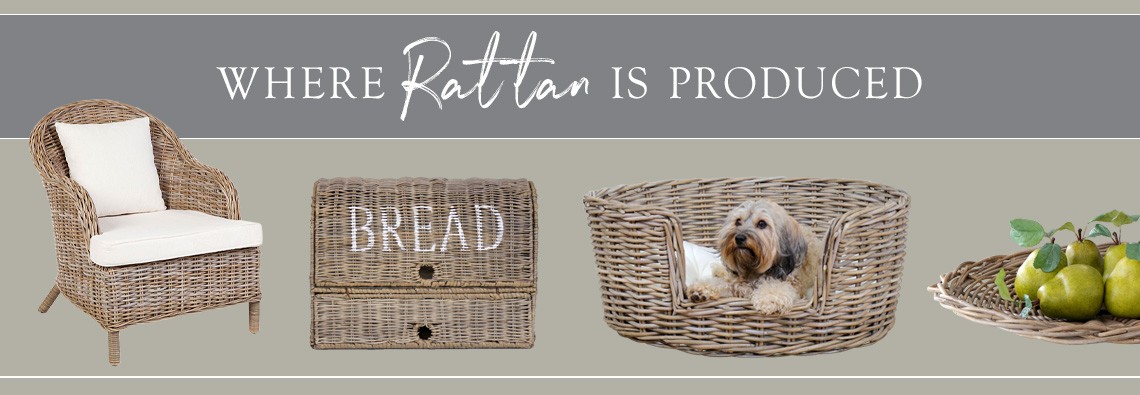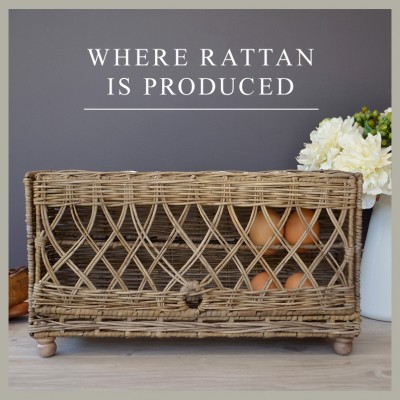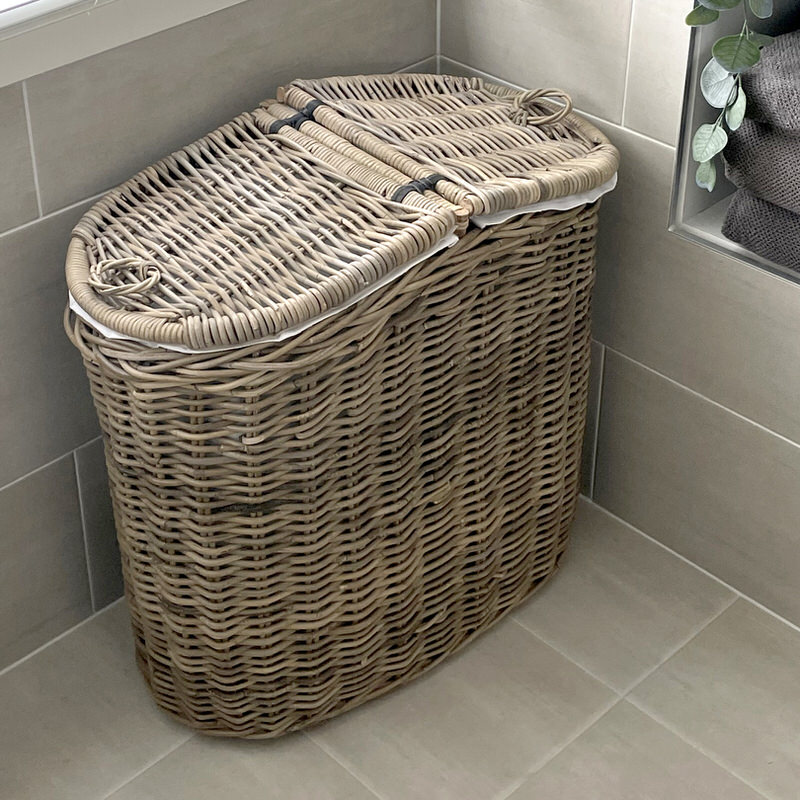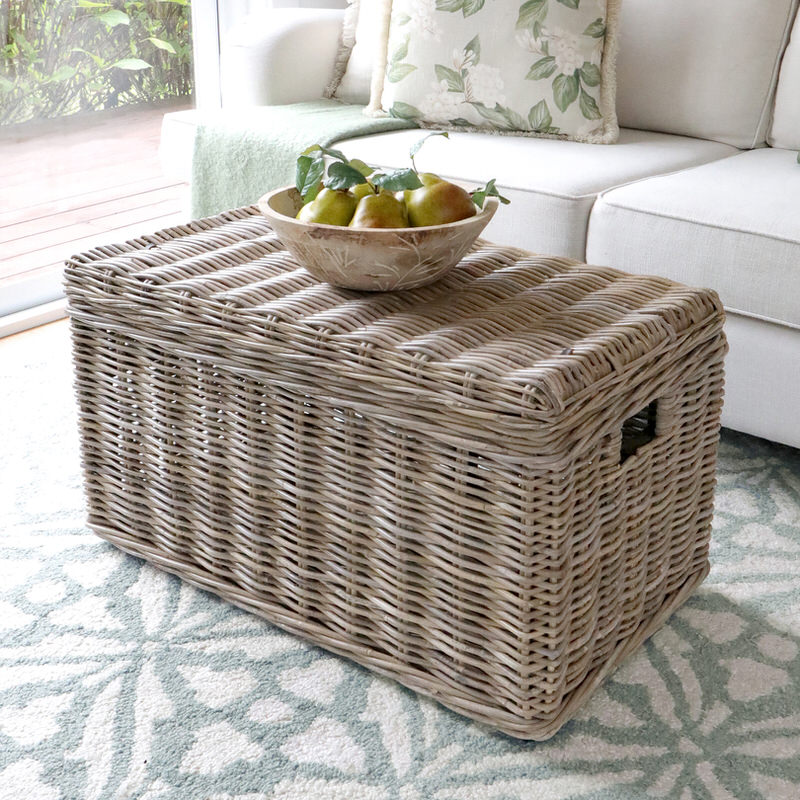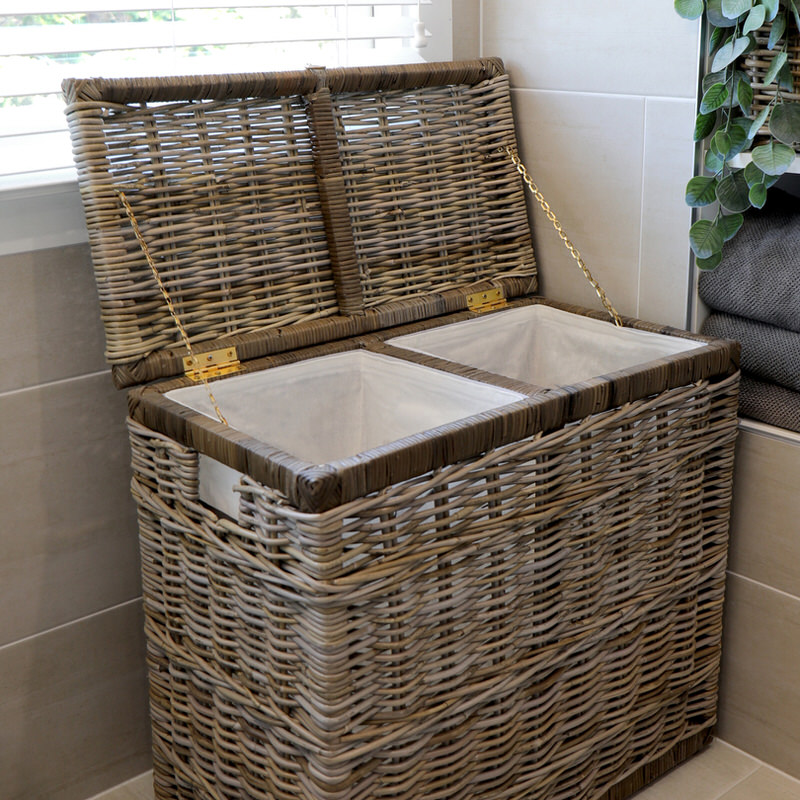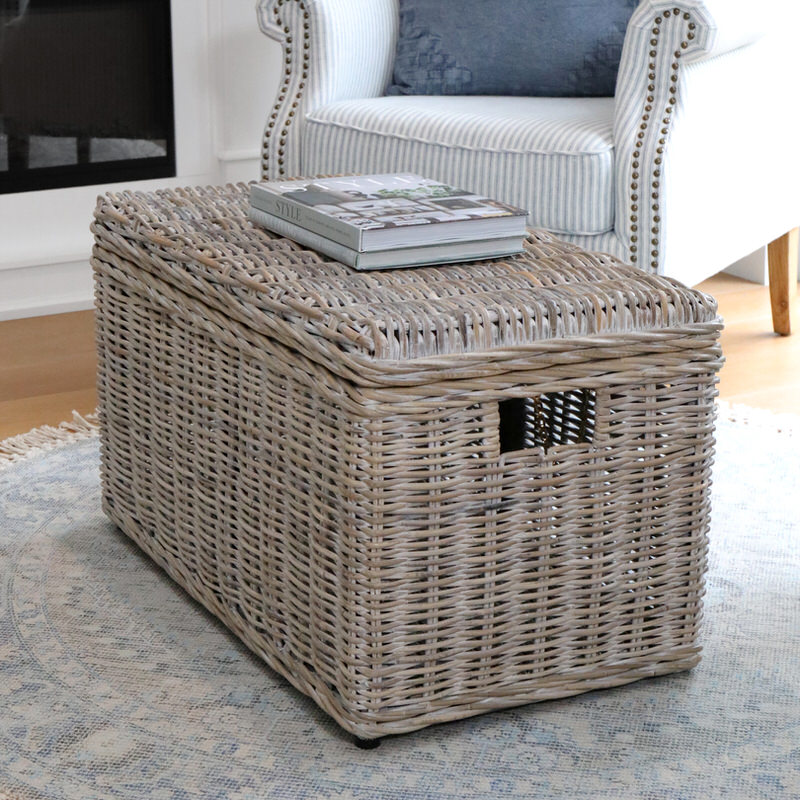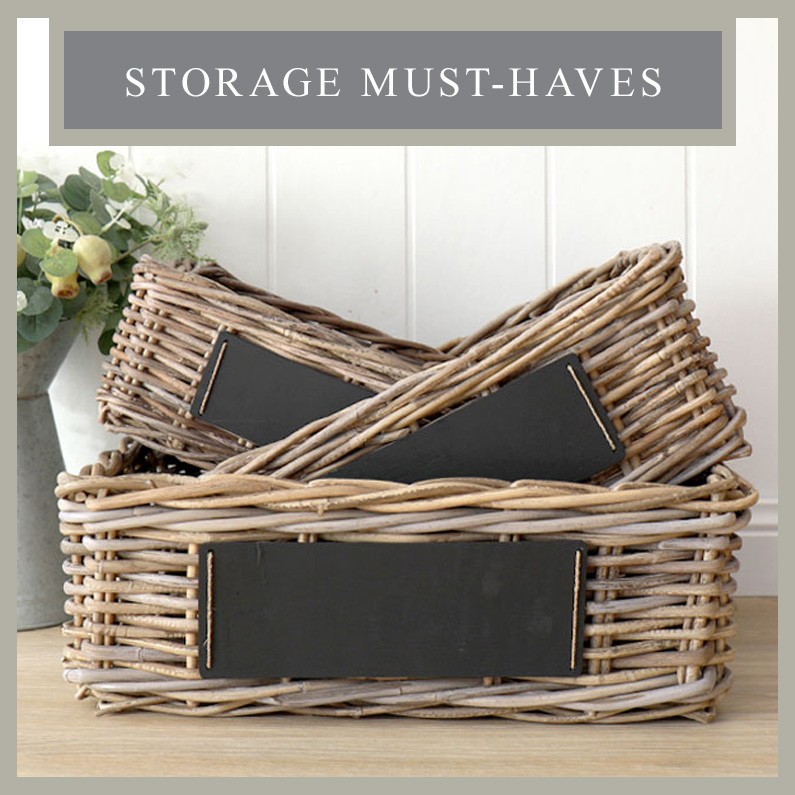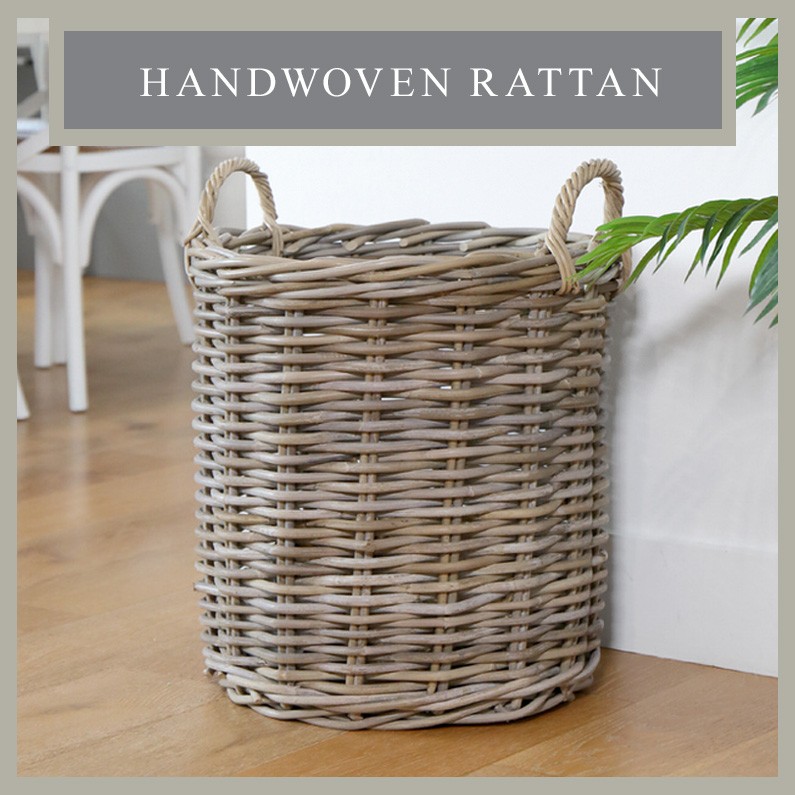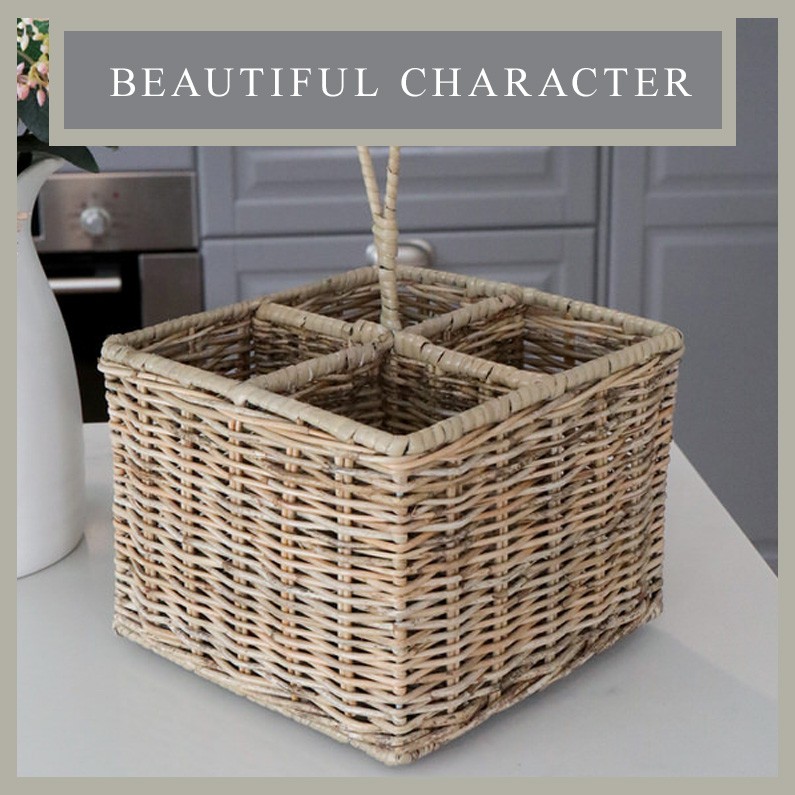Where Rattan Items are Produced
As a homewares store that specialises in these beautiful handwoven rattan items, at French Knot we often receive inquiries about the origins of the materials we use in our products. One of our most popular materials is rattan, a type of vine commonly used for furniture and homeware items.
Where is Rattan Produced?
Rattan is produced in the tropical countries such as Indonesia and Malaysia, that the plant is native to. Rattan is a climbing palm tree that grows up the very tall rainforest trees of the tropics.
Rattan History and Origins
Rattan's origin is as a vine which is native to the tropical regions of Africa, Asia, and Australia, commonly growing in countries such as Indonesia, Malaysia, the Philippines, and Thailand. These regions have the ideal climate in order for rattan to thrive, with warm temperatures as well as plenty of rain.Indonesia is the world's leading producer of rattan, and the industry makes up a significant part of the country's economy. Rattan is a natural resource and through the production of homewares pieces provides employment opportunities for many people in Indonesia, from the farmers who harvest the raw material to the artisans who weave it into the beautiful products you know and love.
The Rattan Production Process
Production of rattan is quite a fascinating process. The vines are hand harvested, with workers meticulously selecting suitable vines to cut down. The vines are then taken to production facilities where they're stripped of their outer spines, leaving behind only the smooth, sturdy stem. The stems are then cut into various lengths and thoroughly washed and treated to kill any pests that may be in the canes. Then the rattan canes need to be thoroughly dried to remove moisture. At this point, the canes have gone from their natural green to a lovely warm honey colour and are ready to be woven into beautiful homewares or furniture. To achieve the antique grey colour that is popular for farmhouse or Hamptons homes, the canes are soaked in water for a few weeks and then dried again. This naturally ages the colour to the lovely soft grey-brown that we so love.
The Importance of the Rattan Industry
One of the reasons the rattan industry is so popular is because of it's incredible durablility. Its natural strength and flexibility makes it the ideal material for creating furniture that can withstand the test of time. Rattan furniture is handcrafted, with skilled artisans weaving the vines in intricate designs and patterns in order to create beautiful pieces.
Rattan is also an incredibly sustainable material, as it is quick growing and its harvesting doesn't impact the surrounding environment. Rattan can be harvested every 2-3 years without damaging the tree it is growing alongside of or the surrounding ecosystem. The vines grow back quickly after being harvested, and they continue to produce new shoots for many years. This means that rattan can be harvested indefinitely, when done in a responsible manner.
The rattan industry is also important not only for local economies where it is produced but also for the global economy. Rattan is an export product which is in high demand all over the world, providing a livelihood for many people in rural areas.
One of the key challenges the rattan industry faces is the competition from synthetic materials which can often be cheaper and easier to mass produce. However, the growing demand for sustainable, eco-friendly products from consumers means that rattan maintains its popularity. By choosing one of our rattan products, you're supporting the livelihood of artisans and farmers whilst simultaneously making an environmentally conscious choice.
At French Knot we are proud to offer a range of products made from rattan, a versatile and eco-friendly material designed to last you a lifetime. Our huge range of rattan products, includes armchairs, storage baskets, and decorative items, are beautiful, durable and also sustainable.
Shop our collection of rattan furniture and home decor today to add a touch of natural elegance to your home decor.

